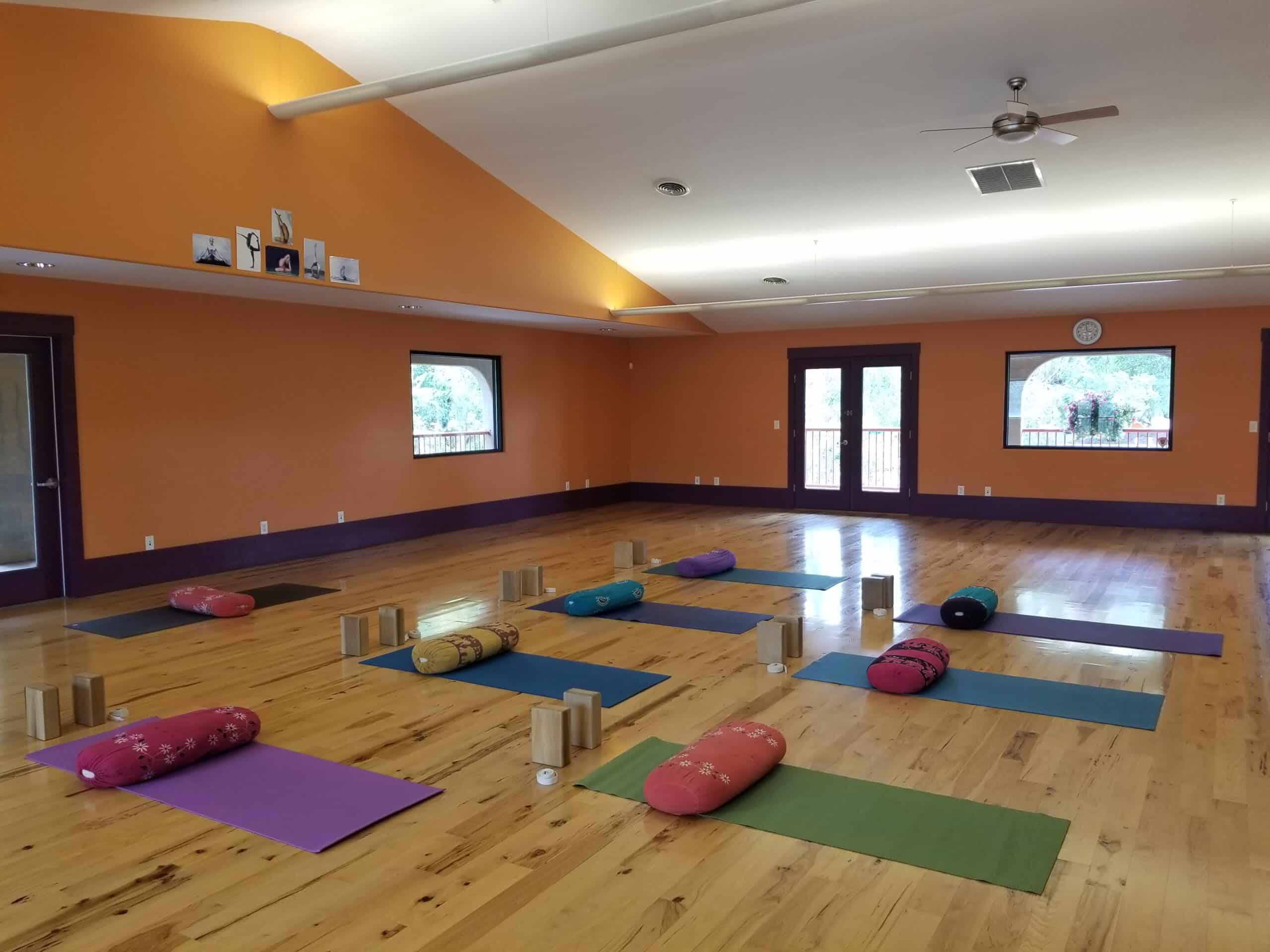How Meditation Can Lead to More Restful Sleep | By Mia Barnes
Are you among the 70 million Americans who can’t sleep on occasion? Nearly half the population struggles with symptoms at some point, but you don’t have to toss and turn. Meditation may be your ticket to your most relaxing night’s slumber yet.
Adhering to a religious belief system isn’t necessary to reap the perks — anyone can learn this ancient practice and put unique twists on it that work for them. Are you ready to get some Zzzs after achieving inner zen? Here’s how meditation can lead to a more restful sleep.
Creates a Soothing Evening Ritual
Pause for a moment and consider how hard it is to alternate day and night shifts. People are creatures of habit and often rely on the power of predictable routines to function at their best. A soothing bedtime ritual is a beneficial sleep habit that cues your body, “It’s time to rest and recover now.”
Best of all, you don’t have to spend 30 minutes on your zafu or yoga mat — instead, let your meditation complement the natural tiredness your body and brain feel at day’s end. Many Buddhist monks spend the last moments before slumber contemplating the past 24 hours, evaluating how they acted correctly and what they would like to improve. You can do the same seated or lying on your mattress or try a western self-care variation:
- In the tub: Combine meditation with other bedtime rituals for double the impact by setting a timer before you sink into the bubbles and spend a minute or two practicing mindfulness of breathing. Draw your awareness to your inhales and exhales, perhaps using a simple mantra from Thich Nhat Hanh to focus. “Breathing in, I am aware that I am breathing in — breathing out, I am aware that I am breathing out.” Don’t go too long, so you don’t accidentally fall asleep.
- While brushing your teeth: Brushing your teeth and hair and washing your face before bed can be a nurturing self-care ritual. As you do so, contemplate the miracle of human existence — all those different cells that go into the singular creation that is you. Practice gratitude. It’s a blessing to have running water, a toothbrush and revitalizing creams for your skin.
Calms Your Central Nervous System
Think about how hard it is to get a toddler to nap immediately after coming inside from a vigorous romp on the playground. It takes a minute to reverse polarity and let the parasympathetic or rest-and-digest side take control.
Meditation soothes your central nervous system. The very act of deep, slow breathing engages your parasympathetic side, inducing a feeling of relaxation and calm. Elongating your exhales slightly can help, as can performing a body scan and breathing relaxation into any areas of muscle tension.
Adjusts Your Mood and Mindset
Have you ever been physically exhausted yet unable to sleep, thanks to your racing thoughts? Focusing on your fears or problems before bed can have you burning the midnight oil even when a good night’s rest could help you see things more clearly.
Meditation can quiet out-of-control thoughts. When you’re restless and edgy with worries, racing thoughts or ruminations clouding your mind, start with mindfulness of breathing, counting and mentally repeating a short mantra to quiet the din.
Once you feel a sense of calm arise, you can objectively examine the thoughts keeping you awake and reframe them. Sometimes it’s hard, especially if you’re experiencing traumatic events like the loss of a loved one or severe financial hardship. That’s where guided meditations can help. A soothing, spoken voice leads you on a mental journey, reassuring you with positive affirmations or helping you find peace with your situation.
You can find such recordings on various meditation and mental health apps or for free on YouTube. Download them so the light from your electronic device won’t disturb you — or if you often reach for your phone in the middle of the night. Remember, you don’t have to listen to the entire session. Falling asleep is your goal, making it a plus if you drift off within the first few minutes.
Obtain More Restful Sleep With Meditation
If you toss and turn at night, meditation can help. Making this practice part of your bedtime ritual can help soothe you into restorative slumber. Add meditation to your end-of-day routine to enjoy a more restful sleep — you’ll thank yourself each morning you awaken refreshed.
Photo by bruce mars.
 Mia Barnes is a health and wellness freelance writer with a passion for yoga, mindfulness and self-care. Mia is also the Founder and Editor-in-Chief of Body+Mind Magazine. Follow Mia and Body+Mind on Twitter and Linkedin!
Mia Barnes is a health and wellness freelance writer with a passion for yoga, mindfulness and self-care. Mia is also the Founder and Editor-in-Chief of Body+Mind Magazine. Follow Mia and Body+Mind on Twitter and Linkedin!Naturally caffeine-free and filled with adaptogens superfoods, the Turmeric Milk Mix will nourish your whole self. It [...]

Subscribe to Our Tribe
Stay up to date with Y+L News, Events and special announcements.










